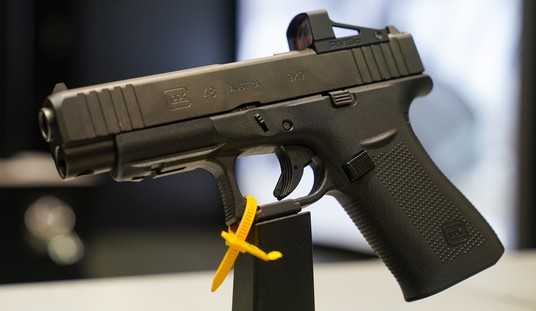
Lt. Gen. Thomas J. “Stonewall” Jackson, C.S.A.
Aug. 28, 1862: The Second battle of Bull Run (known to many Southerners as Second Manassas) opens between Union Army forces under the command of Maj. Gen. John Pope and Confederate forces under Maj. Gen. Thomas J. “Stonewall” Jackson (Gen. Robert E. Lee in overall command).
Within days, Confederate forces will drive Union forces from the field, not unlike what happened at First Bull Run/Manassas on July 21, 1861.
Aug. 28, 1972: U.S. Air Force Capt. Richard Stephen Richie, flying an F-4 Phantom, shoots down his fifth MiG over North Vietnam, becoming the Air Force’s first ace of the war.
But to hear Richie tell it, it was just a ride. “My fifth MiG kill was an exact duplicate of a syllabus mission, so I had not only flown that as a student, but had taught it probably a dozen times prior to actually doing it in combat,” he says.
Sept. 2, 1901: Medal of Honor recipient and U.S. Vice President Theodore Roosevelt delivers a speech at the Minnesota State Fair in which he says, “A good many of you are probably acquainted with the old proverb, ‘Speak softly and carry a big stick – you will go far.’ If a man continually blusters, if he lacks civility, a big stick will not save him from trouble, and neither will speaking softly avail, if back of the softness there does not lie strength, power.”
In four days, Pres. William McKinley will be mortally wounded by an assassin’s bullet. McKinley will succumb to his wounds on Sept. 14, and Roosevelt will become president.

McKinley shot
Sept. 2, 1945: A delegation from the defeated Japanese Empire sign the documents of surrender about the battleship USS Missouri in Tokyo Bay.
Gen. Douglas MacArthur, a Medal of Honor recipient and Supreme Allied Commander in the Pacific, says, “Let us pray that peace be now restored to the world and that God will preserve it always. These proceedings are closed.”
World War II is over.
Sept. 3, 1777: The Battle of Cooch’s Bridge (a.k.a. the Battle of Iron Hill) – the only pitched battle of the American Revolution to be fought in Delaware – opens between Continental Army and militia forces under the command of Brig. Gen. William Maxwell and a combined force of British, Hessian, and Ansbach soldiers under the overall command of British Gen. Sir Charles Cornwallis (and under the immediate tactical command of Hessian Lt. Col. Ludwig von Wurmb).
Though a British victory, which devolved into a savage close-quarters engagement, the Battle of Cooch’s Bridge is significant as the first time the Stars-and-Stripes is flown in action.

Members of the 2D Virginia Regiment re-enacting the Battle of Cooch’s Bridge








Join the conversation as a VIP Member